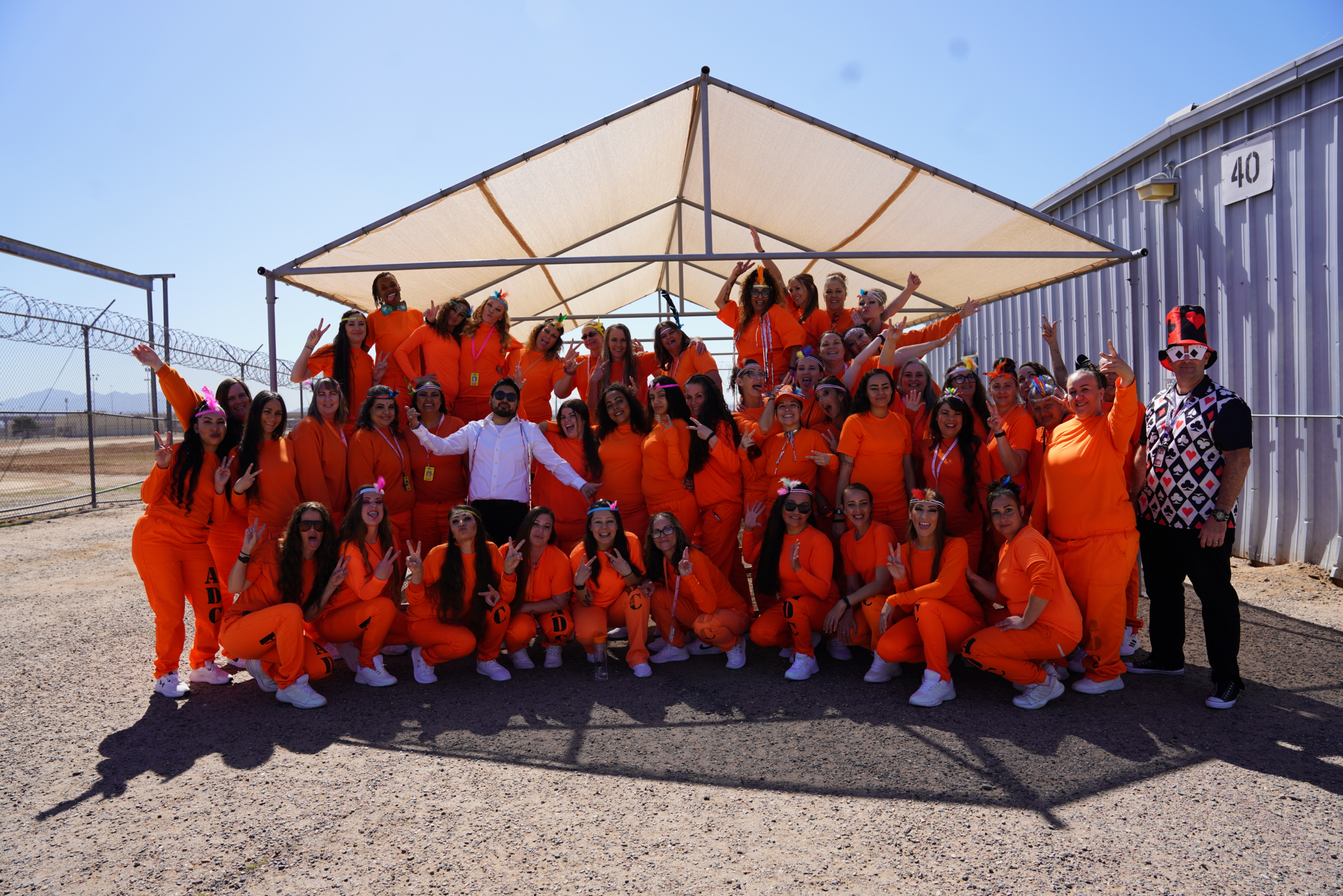From bars to breakthroughs: Why second chances matter
Previously published on Fast Company
For formerly incarcerated women striving to rebuild, a rescinded offer is more than a setback—it’s a harsh reminder that rhetoric doesn’t always translate into reality.
Over the past year, I’ve taken calls from women I’ve mentored—formerly incarcerated and working hard to rebuild their lives. These are the moments that remind me why I do this work. Their voices, full of hope, share the same story: they’ve made it to the final stages of a job application. They’ve been upfront about their pasts, impressed in their interviews, and now they need one final thing: a reference from me, which I provide without hesitation.
But the joy doesn’t last. In six instances, these women were hired, start dates set, and IT equipment received, only to have their offers rescinded after a background check revealed the nature of their crimes. Their records weren’t hidden; they had disclosed everything upfront. Yet somewhere between a handshake and a start date, the companies got cold feet, unable to reconcile their second-chance philosophy with the reality of these women’s stories.
The weight of second chances
Rescinding a job offer might seem like just a line item in HR’s workflow. But for the person at the receiving end, it’s devastating. It’s a setback that impacts families, communities, and the broader social fabric. How can we call ourselves second-chance advocates if we only extend that chance to those whose mistakes feel easy to forgive?
I understand the discomfort some crimes can evoke. I’ve felt it, too. When faced with the reality of someone’s past, it’s natural to react with hesitation. But here’s what I’ve learned: behind every crime, there’s context. Context doesn’t excuse actions, but it provides a fuller picture of who a person is and how they arrived at that moment. More importantly, it shows us that people are not static—they can change, grow, and heal.
When our government determines that someone has paid their debt to society, it’s not our place to act as a secondary judge and jury. Denying them the opportunity to rebuild their lives only perpetuates cycles of poverty, marginalization, and recidivism. We all pay the price—losing their contributions, perspectives, and hard-earned resilience.
When values are put to the test
Belief in second chances isn’t enough. It’s a cultural commitment. Inevitably, employees may discover someone’s past through a Google search, raising concerns. That’s where education and leadership are essential. Employees need to understand and embrace what it means to work for a compassionate, inclusive company.
This demands consistent reinforcement of values, open conversations about inclusion, and clear messaging that second chances are central to a company’s identity—not just when it’s easy but especially when it’s hard. HR and hiring managers must work together to hire employees who truly believe in supporting individuals striving to rebuild their lives. Those unable to align with these values may signal they aren’t the right fit for your organization.
Companies like JPMorgan Chase and Virgin embody this commitment. Jamie Dimon and Richard Branson champion second-chance hiring because it’s the right thing to do. They understand that redemption is powerful and talent comes from unexpected places. Their leadership reminds us that doing what’s right often means challenging assumptions and stepping out of our comfort zones.
Believing in futures, not pasts
The truth is second chances are messy. They require us to confront our biases and sit with our discomfort. But they’re also transformative—for the individuals we hire and the organizations we lead. When we create a culture of acceptance and growth, we become stronger, more innovative, and more human.
At the end of the day, the question we need to ask isn’t whether we feel comfortable with someone’s past; it’s whether we believe in their future. And if the answer is yes, then it’s on us to open the door and keep it open—not just for the ones whose mistakes we understand, but for everyone who has done the hard work of owning their past and building a better path forward.
Being a second-chance employer is about courage. It’s about committing to values that don’t waver when tested. And it’s about remembering that the true measure of a company isn’t how it treats the perfect candidate—it’s how it uplifts the imperfect ones.


